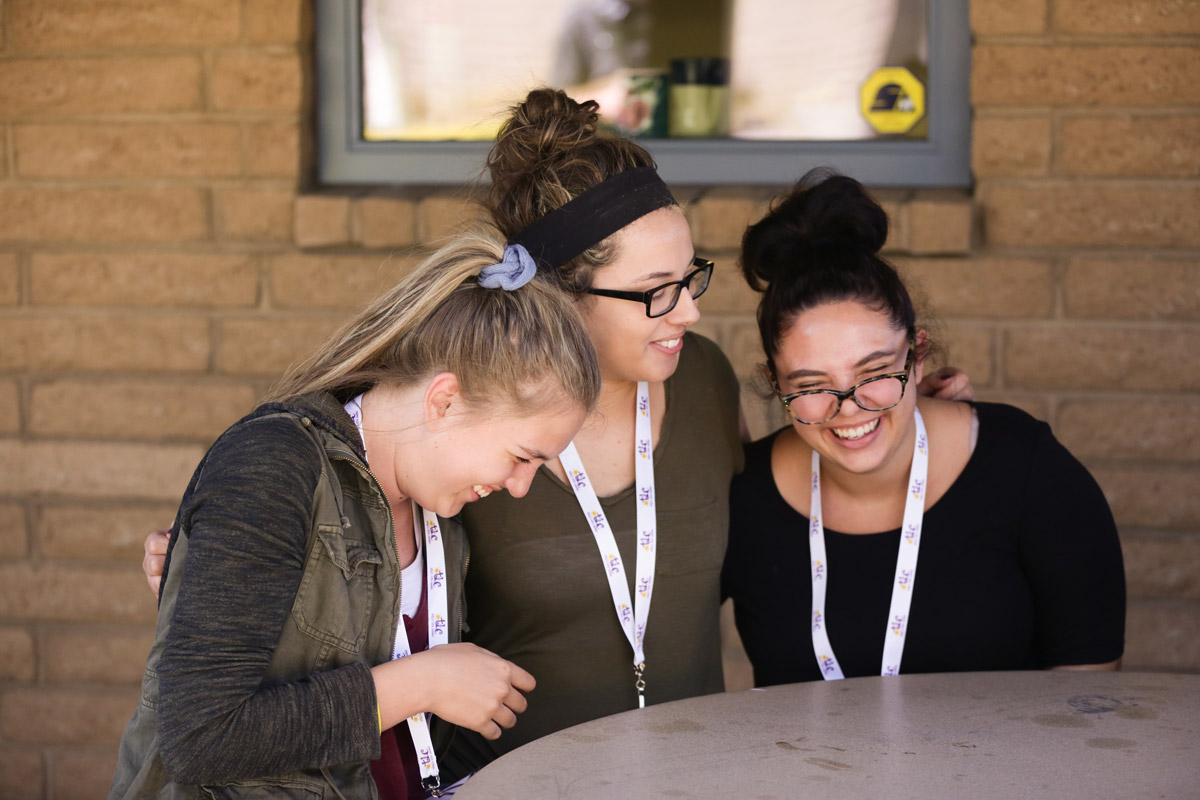
07 Jul Exploring The Three Types of Empathy
During times of crisis, there is a loud cry for empathy – a need for listening, exchanging and understanding. Empathy is an especially important skill for teens, as it helps them to not only succeed in their social and emotional connections, but also understand their larger world view.
Empathy is more complex than just understanding what someone may be feeling. In fact, there are actually three types of empathy, all slightly different and serving a unique purpose. Exploring these three variations can help teens to truly understand what empathy means, how they can implement it, and how important it really is.
Cognitive Empathy
When we think of putting ourselves in someone else’s shoes, cognitive empathy is most likely what first comes to mind. Cognitive empathy is the ability to understand how someone may be feeling and thinking, and look at things from their point of view. This type of empathy helps us to become better at communicating with others, which is a vital skill to develop during our teenage years. The first step in building cognitive empathy is to understand that your initial perceptions of someone may not be correct, and be willing to learn more about them. This helps gain an accurate insight into who they are, and how they are feeling.
Emotional Empathy
After you’ve taken the time to understand how another person is feeling, emotional empathy comes into play. This means actually sharing in those feelings, and internalizing the emotions attached to what another person is going through. This type of empathy helps to build extremely strong emotional connections, which helps teens to develop better social skills and forge deeper friendships. But practicing this type of empathy isn’t as easy as it seems, it requires vulnerability, openness, and the willingness to reflect on your own actions.
Compassionate Empathy
Understanding how others are feeling is a great stepping stone forward towards making real change. But how can we take it one step further? That’s where compassionate empathy comes in. This means acting upon our feelings of empathy, getting involved, and helping others. Exercising compassionate empathy doesn’t just allow us to help others, it also helps us find our own purpose. It’s important to remember that not everyone needs help, what helps you feel better may not always be the right solution for others.
All three types of empathy work together to help us form solutions to move forward. We are all experiencing our own struggles, and our own emotional responses to world events, so remember to be gentle with yourself and others.Tilly’s Life Center provides workshops for teens and adults to identify their emotions, tap into their empathy, and learn to embrace and understand others. To join us, sign up for one of our virtual workshops today.


